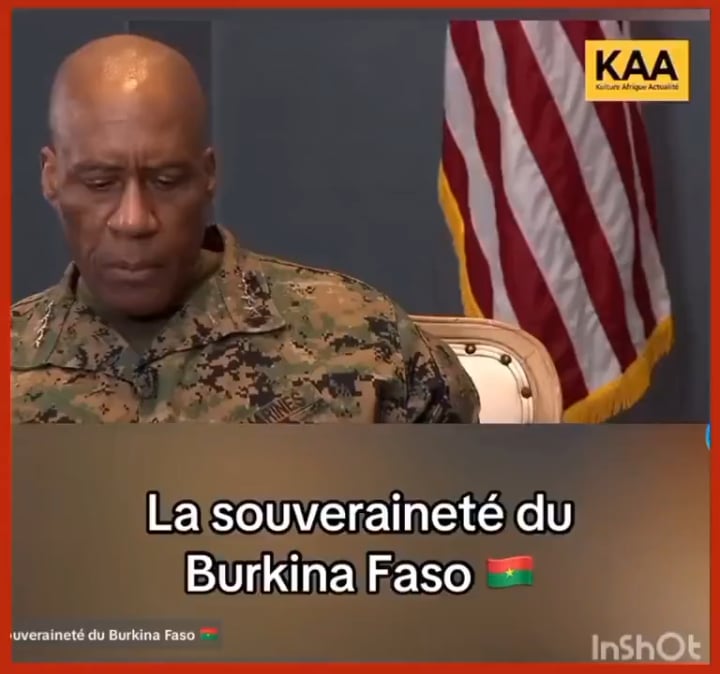In a recent turn of events that has sparked international attention, General Michael Langley faced significant backlash following his statements during a U.S. Senate Committee on Armed Services session. The Chairman of the Committee raised concerns to the African Command (AFRICOM) General about the potential misuse of “gratuities” benefiting a “strongman leader” instead of the people. This interaction set the stage for a sequence of events that would lead to a notable shift in Langley’s stance and rhetoric.
During the committee session on April 13, General Langley made remarks that caught the attention of not only the committee members but also the global community. He referenced Captain Ibrahim Traore in Burkina Faso, suggesting that the country’s resources, particularly gold reserves, were being leveraged to support what he initially termed a “Junta regime.” This characterization raised alarms about the utilization of national assets for the benefit of a select few rather than the broader populace.
However, the narrative took a surprising turn when General Langley, in a subsequent interview with Kenyan journalist Yvonne Okwara during his visit to Kenya, appeared to backtrack on his earlier statements. The interview shed light on a shift in his language and perspective, notably moving from labeling the government as a Junta regime to acknowledging Burkina Faso as a sovereign nation.
The evolving narrative surrounding General Langley’s statements underscores the complexities of international relations and the delicate balance between diplomacy, transparency, and accountability. The scrutiny faced by leaders in positions of authority highlights the interconnected nature of global politics and the impact of their words on perceptions both domestically and abroad.
Reflecting on this incident, it becomes evident that public statements made by influential figures can have far-reaching implications beyond the immediate context. The General’s remarks not only drew attention to governance issues in Burkina Faso but also triggered discussions about the ethical use of national resources and the responsibilities of foreign actors in supporting democratic processes.
The public discourse following General Langley’s statements exemplifies the power of media and community engagement in shaping narratives and holding individuals in positions of influence accountable. Social media platforms, such as Reddit, served as a forum for individuals to express their views, with the post garnering significant engagement in the form of upvotes and comments.
One Reddit user noted, “It’s crucial for leaders to be mindful of their words, especially in a global context where their statements can influence perceptions and policies. General Langley’s shift in rhetoric underscores the impact of public scrutiny and the need for transparency in diplomatic exchanges.”
The ripple effects of General Langley’s remarks extend beyond the immediate reactions, signaling broader discussions about governance, resource management, and international partnerships. The incident serves as a reminder of the interconnectedness of nations and the need for constructive dialogue to address complex challenges in a rapidly evolving world.
As the story of General Langley’s statements unfolds, it prompts reflections on the responsibilities of leaders in navigating diplomatic relations, upholding ethical standards, and promoting transparency in governance. The case also highlights the role of media in amplifying voices, fostering accountability, and fostering informed public discourse on matters of global significance.
In conclusion, the episode involving General Langley’s remarks and subsequent backtrack underscores the intricacies of international relations, the influence of public opinion, and the evolving dynamics of diplomacy in a interconnected world. It serves as a compelling case study on the power of dialogue, accountability, and responsible leadership in shaping the course of global affairs.

